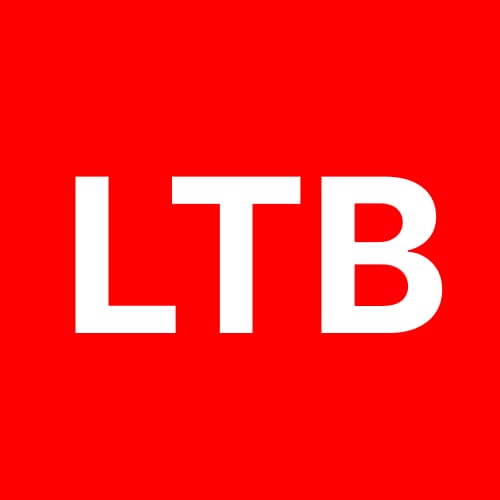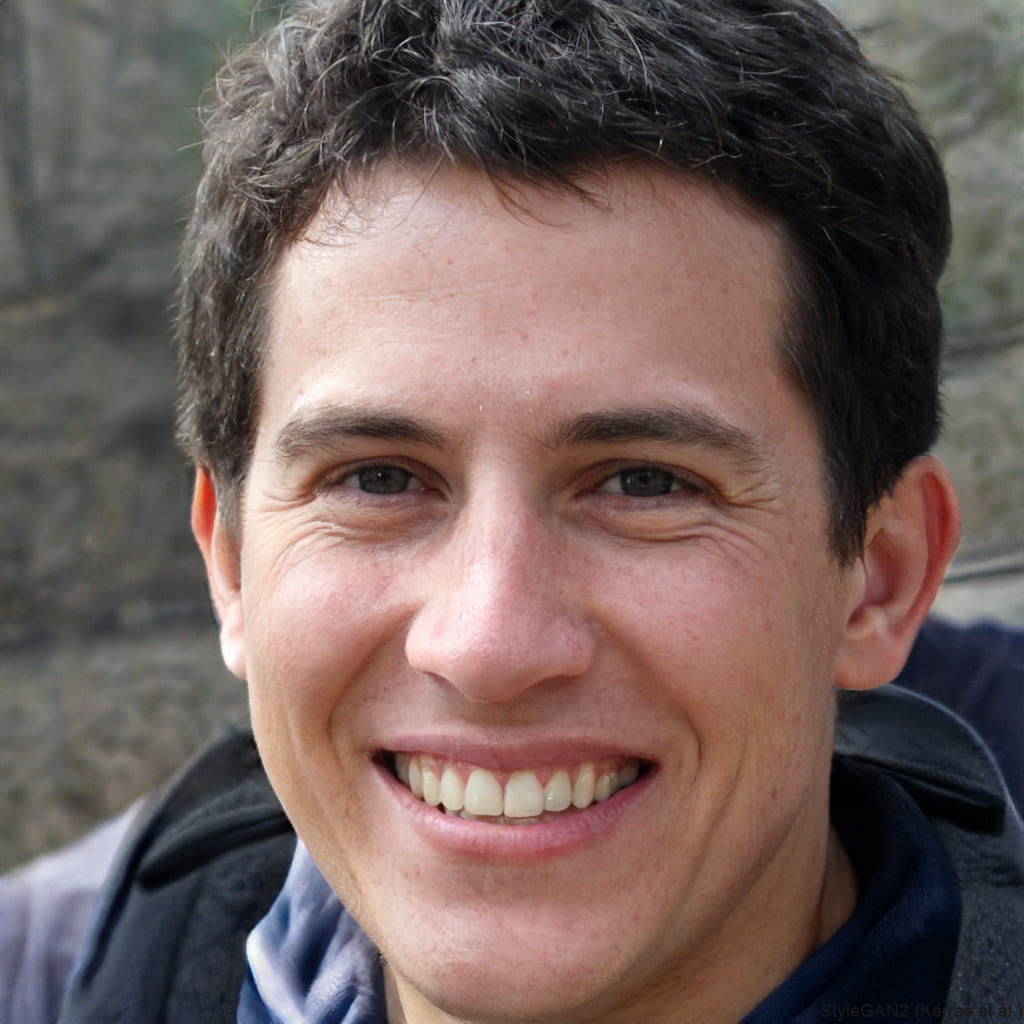
HOME / BLOG / STATISTICS
Higher Education Statistics 2025: 96+ Stats & Insights [Expert Analysis]
- November 9, 2025
- Bill Nash
- 2:46 pm
Table of Contents
Student Search & Enrollment Behavior
87% of students begin researching colleges online first.
67% of students explore 5+ school websites before deciding who to apply to.
75% of prospective students say a school’s website quality influences their perception of credibility.
63% of students will not consider a school if the website is outdated or confusing.
78% of prospective students use Google as their first touchpoint in school research.
52% of students compare tuition costs across 3+ schools before applying.
60% of students say scholarship clarity is a top decision factor.
41% of students consider flexible learning options (online / hybrid) as essential.
36% of students say they applied to at least one school they never intended to originally due to digital remarketing ads.
45% of students report virtual campus tours influenced their final selection decision.
Social Media & Community Influence
95% of students use YouTube to research schools.
89% use Instagram to follow campus life and student experiences.
71% say TikTok content helped shape their impression of colleges.
Student-made content is 3x more trusted than school-produced promotional videos.
62% of teens discover colleges through social media hashtags.
57% of prospective students follow a school’s social account before visiting the website.
Schools with active TikTok accounts see 28% higher engagement from applicants.
Influencer or ambassador-led content increases application clicks by 21%.
47% of students will not apply if a school looks socially inactive.
38% of students say they’ve messaged a college on Instagram for questions about programs.
Website & User Experience
A school website’s average bounce rate is 47%.
Schools offering program comparison tools see a 19% boost in inquiries.
58% of students say fast-loading websites increase trust.
Mobile accounts for 71% of college website browsing.
44% of university landing pages have weak or unclear CTAs.
32% of schools still lack live chat support, reducing inquiry conversion.
Adding live chat increases inquiry submissions by 29%.
53% of students prefer self-service portals over contacting admissions directly.
64% of students abandon forms that take longer than 5 minutes to complete.
Websites with student success stories see 17% higher application intent.
Content Marketing & Storytelling
72% of students want program-specific content, not just general campus info.
Blog posts answering “career outcomes” receive the highest engagement.
Student testimonial videos convert 34% more than campus showcase videos.
Career-path landing pages increase lead quality by 22%.
Parent-targeted content boosts campus visit conversions by 18%.
FAQ pages reduce email inquiry volume by 11–23%.
Schools publishing weekly blog content see 2.3x more organic traffic.
Long-form program guides receive 61% higher time-on-page than standard pages.
Program rankings pages are often the top 3 most-visited on university sites.
Virtual webinars increase application follow-through by 26%.
Email, CRM & Lead Nurturing
68% of prospective students check email daily.
Automated drip campaigns improve admissions follow-through by 34%.
Personalized email subject lines raise open rates by 19%.
Schools with segmented email lists see 27% higher inquiry-to-application conversion.
55% of schools still send generic email blasts, reducing engagement.
Follow-ups sent within 24 hours improve inquiry conversion by 42%.
On average, 7–12 follow-ups are required to convert an inquiry to an application.
Parent email campaigns increase campus tour sign-ups by 15%.
Mobile-friendly email formatting increases click-through by 21%.
CRM-integrated chat support improves applicant response time by 5x.
Paid Advertising & Demand Gen
83% of universities invest in Google search ads.
61% run Facebook / Instagram lead ads for program inquiries.
The average cost per inquiry ranges from $8 to $95, depending on competitiveness.
Retargeting ads improve application rates by 18%.
Display ads alone convert poorly unless paired with remarketing.
YouTube video ads for campus life drive 2x higher emotional response.
Schools targeting adult learners see higher ROAS on LinkedIn.
36% of schools underutilize geo-targeted ads near competitor campuses.
Paid search campaigns with program-specific keywords convert 2.4x better.
Meta lead forms convert inquiries 23% cheaper than website forms.
SEO & Organic Enrollment Growth
92% of students search: “Best [program] degrees”.
Program keyword SERPs are 5x more competitive than campus life content.
University websites average thousands of outdated pages, hurting rankings.
Publishing guides around career outcomes ranks faster than general topics.
Local SEO boosts campus visit traffic by 34%.
Schools with active blogs generate 3x more leads organically.
46% of universities do not optimize degree program pages for keywords.
Rich media (video + stats) increases program page time-on-page by 37%.
FAQ schema improves visibility for admissions queries.
Schools with strong backlink profiles have 54% higher organic inquiries.
Video & Virtual Experience
Virtual campus tours are viewed 4x more than in-person brochures.
61% of students prefer student-narrated campus tours vs official tours.
Major admissions decisions are influenced most by student life videos.
Lecture sample videos increase graduate program inquiries by 22%.
Dorm tours are the most-watched campus lifestyle content category.
Day-in-the-life vlogs have 3x more engagement than promotional campus videos.
Personalized video messages from admissions boost commitment rates by 17%.
Virtual events convert 43% of attendees into inquiries.
Step-by-step application walkthrough videos reduce drop-off.
TikTok storytelling boosts brand perception among Gen Z.
Retention, Alumni & Community Reputation
Schools that promote graduate employment stats see 28% higher trust.
Alumni success stories improve perception of academic value.
64% of students worry about job placement — marketing must address this.
Social proof and student outcomes increase yield rates.
Schools with ongoing alumni engagement see higher referral enrollment.
Student-led ambassador programs improve social trust more than ads.
Peer recommendation influences 35% of enrollment decisions.
Campus diversity messaging improves appeal among global applicants.
Programs with strong internship pipelines convert at significantly higher rates.
Schools with high NPS scores spend less on advertising long-term.
Market Shifts & Trends
Adult learner enrollment is growing faster than first-time freshmen.
Micro-credential and certificate program searches are up 31% year-over-year.
Online program demand has doubled in the past five years.
Hybrid learning preference is stabilizing at ~55% of applicants.
Students now compare colleges the way consumers compare brands.
Admissions decisions are increasingly influenced by campus culture transparency.
Tuition continues to be a primary decision barrier.
Brand trust is more influenced by student voices than marketing staff.
Colleges that adapt digital-first recruitment strategies grow faster.
Personalized enrollment journeys outperform traditional campaigns in every segment.
Ready to Grow Your Business?
At Marketing LTB, we specialize in helping businesses like yours thrive online. From strategic digital marketing and branding to web development and social media management, we offer the tools and expertise to elevate your brand and drive real results.
Let’s build something amazing together, get in touch with us today!

About Marketing LTB
Marketing LTB is a full-service marketing agency offering over 50 specialized services across 100+ industries. Our seasoned team leverages data-driven strategies and a full-funnel approach to maximize your ROI and fuel business growth. Discover how our expertise can drive revenue for your business>

About the author, Bill Nash
Bill Nash is the CMO of Marketing LTB with over a decade of experience, he has driven growth for Fortune 500 companies and startups through data-driven campaigns and advanced marketing technologies. He has written over 400 pieces of content about marketing, covering topics like marketing tips, guides, AI in advertising, advanced PPC strategies, conversion optimization, and others.
